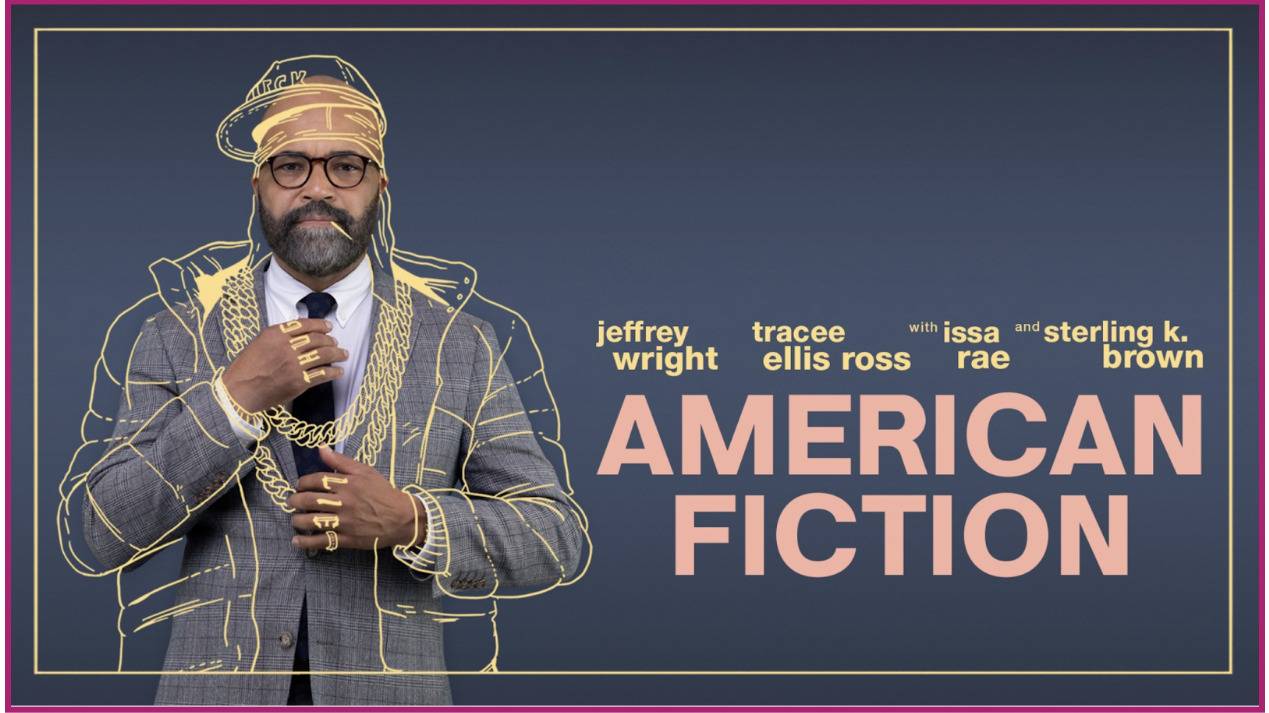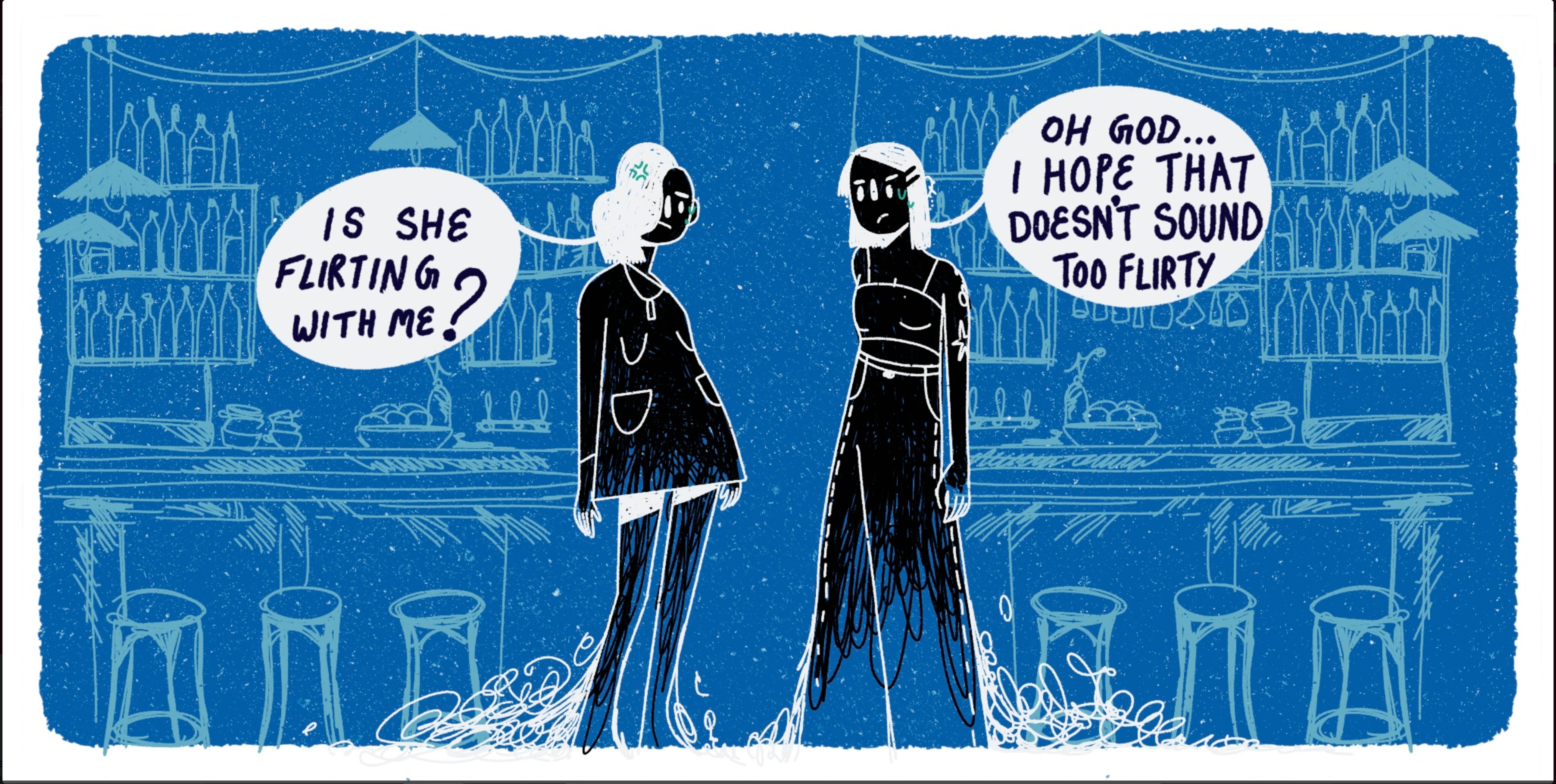Time had again circled around, with the Beats looking back to the era of the Lost Generation — Ernest Hemingway, Gertrude Stein, T.S. Eliot, and John Dos Passos, to only name a few. Joyce Johnson, Kerouac’s girlfriend when “On The Road” found success, writes in her book “Minor Characters,” “The Twenties were much closer then, almost touchable; you could still find flapper dresses in your mother’s closet.” Sharing a lost adulthood with the Beats’ lost childhood due to the horrors of World War II, the Lost Generation took to Europe to find another America living abroad as expatriates after the war.
The Beats, in turn, found their America on the road in places like Davenport, Iowa. In “On The Road,” Kerouac writes “And here for the first time in my life I saw my beloved Mississippi River, dry in the summer haze, low water, with its big rank smell that smells like the raw body of America itself because it washes it up.” Their America was not clean, it did not watch television, and it was certainly not found on the cover of Time.
There is something comforting about having a mirror decade, like an older sibling that can tell you what to do and how to be. But, like siblings, the dynamics of the relationship are rarely simple. Our parallel to the Beats (and to the Lost Generation by proxy) is the idea of a lost America — one just below the surface waiting to be rediscovered. Like the Beats, the Millennial adolescence was spent during wartime. The kind of freewheeling nonchalance that the Beats embodied is perhaps our own longing for a freer, more trusting America that 9/11 and the War on Terror put an end to, forcing our sociability off the road and onto the information highway.
A friend recently argued that our generation was robbed of our twenties. While the Beats enjoyed the economic boom of the postwar 1950s, the Great Recession has certainly hampered the Millennial’s young adulthood. Our second-generation Baby Boomer parents, following the tradition of American exceptionalism that began in the mid-century, pushed us into higher education, sinking us into unimaginable debt, only to graduate into a non-existent workforce. We have made none of the decisions but reap all of the fallout.
There is no wonder that the Beats appeal to us. They spent their entire lives living out their twenties, being in control of themselves. In many ways, what the Millennials need to do is embody the freedom of the Beats. Where the danger lies — Marx’s historical farce — is in over-romanticizing them. There is no doubt that this farce is found in the Hipsters of our time. Trust fund children who slum around Williamsburg as a career are far from the frenetic, hooked-to-the-vein-of-life adventurers of the Beats. Where our interest in them becomes farcical is that the Beats found America on the road, while we keeping looking for it in the past.
A line from Ginsberg’s “America” poem reads: “America I’ve given you all and now I’m nothing.” Ginsberg was of course writing under the backdrop of McCarthyism. We are similarly implicated in the ever-spying eye of the Patriot Act: “If you see something, say something.™” The Beats reveled in the off-beat, but today, one call to Homeland Security would put Kerouac’s Ghost of the Susquehanna in some off-shore prison that would guarantee to be more wild than anything in the United States.
There is no mistake that as parallel as our circumstances run, some remain quite different. What lost America can be found if it can all be seen on Google Maps? In “Naked Lunch,” Burroughs writes: “You see control can never be a means to any practical end. … It can never be a means to anything but more control.” The Beats bucked anyone who tried to control them; they were quite literally out of control. There comes a point when the Millennials need to buck up themselves and leave home; to live the change they want instead of growing mustaches, wearing wingtips, and watching it all play out on the movie screen.
That time is now. When you can no longer look for hope in the Americas of eras past, you need to make your own. Merely romanticizing the Beats does nothing productive for us today. With the failures of the Occupy Movement still near at hand, national governments going bankrupt across Europe, and the Global South still unacceptably impoverished, perhaps the Beats can push us towards a greater freedom for change. Even as self-guided as their adventures were, the Beats held an intense commitment to the principles and development of their own generation — a collectivity the Millennials lack.
If history is bound to repeat itself, then the least that can be done with it is to insure its path is progressive. Perhaps our lost America is not something to be found, but created. After all, as many times as Kerouac took off on the road he always returned home to his mother. His road was as much in Davenport, Iowa, and Lawrence, Kansas, as it was in his mother’s home on Long Island. His road was his generation.
What we can take from our parallelism to the Beats is the need to extend beyond ourselves, to connect with each other not only on Facebook but also in meaningful ways. If we are going to break the rules and set out on our own road, we have to do it together.




















